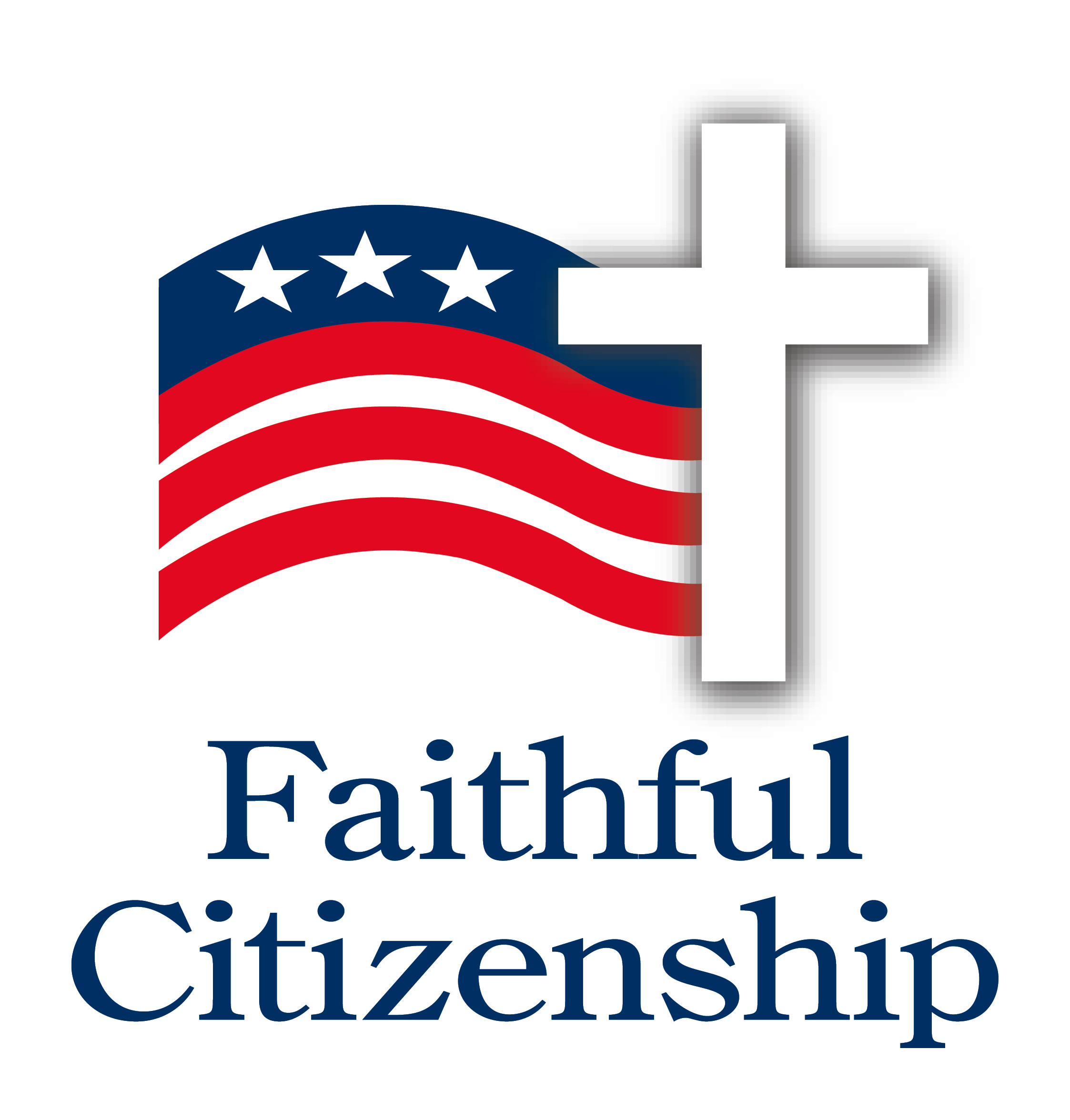New Wine, New Wineskins recently held its 12th annual gathering at the Campus of Notre Dame. In the coming weeks our Charles Camosy and I will be reflecting upon different aspects of our experience there, and our Thomas Bushlack has already commented here. In the spirit of these posts, I thought it would be fitting to hear from the founder of NWNW, William C. Mattison III. Dr. Mattison was asked to comment on his original vision for NWNW and his thoughts on the conference moving forward.
The following is a guest post by William C. Mattison III:
I’m grateful that several members of this blog and participants in New Wine, New Wineskins – including my friend and former student Andrew Kim – have asked me to submit a guest blog with reflections on the founding of New Wine, New Wineskins in 2002.
It all began on a break outside the Hyatt Regency Hotel at the January 2002 Society of Christian Ethics meeting in Vancouver. Fellow ND doctoral student Maria Malkiewicz and I were outside and discussing what we enjoyed about the SCE – and also what more we hoped for. In that 30-minute conversation, along with a follow up lunch at Notre Dame a week later, what has become an annual event, a vehicle for vocation formation, and a source of lifelong friendships was conceived.
We wanted to have a moral theology conference, but also wanted it to be different, in two ways especially. First, we wanted to reflect explicitly on how our Catholic faith mattered for our role as moral theologians. In those days of Lilly-funded projects on vocation, we wanted to think about our careers as vocations, and as vocations in the Catholic Church. Second, we wanted to nourish friendships among us moral theologians, trusting that such friendships would not only enrich our scholarly endeavors, but also help us avoid the polarization that had marked our field particularly in the decades after Humanae Vitae. These two characteristics are evident in the sort of “mission statement” found on the 2004 pamphlet for the conference, which I’m rather sure was the same as what we hammered out for 2002:
New Wine, New Wineskins is an annual symposium convened at the University of Notre Dame by
Catholic moral theologians at the beginning stages of their careers. We engage in scholarly
activities relevant to the field of moral theology and devote particular attention to the
vocational meaning of being a moral theologian in today’s Church and academy. Believing that
strong collegial bonds will nourish and inform our intellectual activities, we have structured the
symposium around scholarly pursuits complemented by shared meals, prayer, and social events. We
hope that these incipient ties of intellectual and social relationship will contribute to greater
collegiality in our field and engender further scholarly projects.
There is nothing particularly novel about these two desires, but they did guide how we structured the conference. First, we invited Catholic moral theologians. We have had non-Catholics attend, and as long as they recognize that we explicitly reflect on how the Catholic faith shapes how we do moral theology, others are of course welcome. Second, we had Mass each day of the conference, often celebrated by one of the participants. Third, we had the conference at Moreau Seminary on Notre Dame’s campus. This was a deliberate decision to give us one place where we had classrooms, a chapel, a refectory, and comfortable places to sit long into the night and get to know each other and discuss anything and everything. My friend Maria was involved in the Catholic Worker, and it was her wise instinct that the conference be done simply.
Finally, we decided that we would target only pre-tenure (and post-ABD) Catholic moral theologians. The thinking was that we could better nourish community if participants were not wowed and cowed by their teachers and potential employers present. I suspect this practice engendered suspicion among some more experienced moral theologians. Combined with the goals of attending to the importance of our Catholic faith and fostering friendships, it could even be seen as an implicit judgment against our senior colleagues and mentors. I can assure you nothing of the sort was intended or even thought. Of course, even under current practice there are participants who are esteemed by others for their work. (I, for instance, recall how awed I was at meeting David McCarthy.) But in my view this practice was exactly the right move, evidenced by my own experience of attending NWNW the year before tenure with my doctoral student James Stroud. It was time for me to move on….
So that was the vision in starting this group. There’s lots more to tell of course, and it is difficult to resist nostalgia. There are countless stories from those early days. There was the brutal heat of year one and rooms without air conditioning, leading two participants who shall remain nameless (you know who you are!!) to bail out and find a hotel, before a last minute run to Target provided everyone with a box fan. There was the fun trip year two to Lake Michigan with a beach ultimate Frisbee game, marred only by my forgetting to bring one crucial part of our portable grill leaving us with no food. There were minor league baseball games, a conference softball game (I’m seeing a theme…), and a meal with Mike Baxter at the local Catholic worker house, to name only a few.
There was also the annual search for funding. I’d be remiss to not acknowledge my friend and mentor Fr. Timothy Scully, CSC, who not only repeatedly helped secure funding from then Provost Nathan Hatch and later an anonymous foundation, but also came up with the “New Wine, New Wineskins” name one night as I shared with him our mission. There was also the two year discussion over whether we would be a conference focused on formation that would pass on to others, or become a “project” that would name a group of people and their theological agenda as they progressed in their careers. We obviously chose the former, though it would be worth reflecting on whether there is some NWNW “project” even as the participants change year to year. (For a shameless plug on how David Cloutier and I understood the characteristics of this “project” in the early years, see our introduction essay to the New Wine, New Wineskins volume published by Sheed & Ward in 2005! There we make a case regarding how some characteristic features of this cohort’s formation in the American Catholic Church could be seen in how we do moral theology.)
I was also asked to reflect on whether the founding vision for NWNW “has become a reality,” and “what is most important for the continued growth of NWNW moving forward.” As to the first, I could not be more grateful for the role this group has played in my own formation as a moral theologian, a vocation in the Church embarked on among friends. Others say it has a similar impact on them, and that is a true joy. This is in no small part due to the ongoing leadership of folks like Jason King, Dana Dillon, Kari-Shane Davis Zimmerman, Sheryl Overmyer, Thomas Bushlack, and Charles Camosy (forgive me if I missed folks!).
As to what matters moving forward, I suppose I’ll share an observation that is related to my recent research on virtue and happiness in the Sermon on the Mount. The founding goals of an explicit and thoroughgoing connection between our Catholic faith and our academic work, and strengthened friendships among peers in the field, are not only achieved by, but are constituted by, the activity that is New Wine, New Wineskins. I understand this annual conference as a ritual that both symbolizes and participates in (by further instantiating) these larger goals. It is an important facet of the activity or practice of being a certain sort of Catholic moral theologian today. For the past dozen years people have actively participated in that practice, and while doing so have reflected on the “certain sort of Catholic moral theologians” they were called to be. God willing in dozens of years in the future NWNW can be part of an ongoing practice of Catholic moral theologians doing the same, discerning the “sort” of theologians God is calling them to be.




Trackbacks/Pingbacks